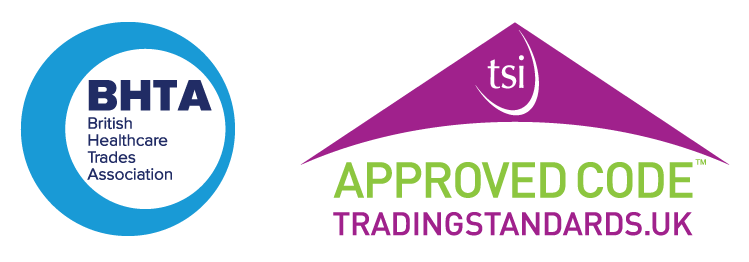Combination of two drugs better for osteoporosis sufferers than single drug
4th June 2013
A clinical trial undertaken by the Massachusetts General Hospital has given hope to those with osteoporosis, revealing that a combination of two osteoporosis drugs produced better results in patients than either one produced when used alone. As with all medical research, more tests need to be carried out before the findings are put into clinical practice, but the news presents a step forward for those who rely on riser recliner chairs because of the condition.
Osteoporosis occurs as we age, most frequently in postmenopausal women, and causes a reduction in bone mineral density, increasing the chance of bone fractures and leading people with the disease to make lifestyle changes to adapt to their increasing frailty. Various drugs are currently prescribed to osteoporosis sufferers to decrease the risk of bone fractures, but this new study presents the possibility of an even more effective treatment.
A 12-month trial was carried out by the Endocrine Unit at Massachusetts General Hospital which saw 100 postmenopausal women with high fracture risk be divided randomly into three groups. One group received a 60mg dose of denosumab every 6 months, the second group self administered 20-microgram injections of teriparatide every day and the final group received both treatments with the same dosage and schedule. The researchers measured bone density and carried out blood tests at the beginning of the study and at 3, 6 and 12 month intervals.
Results of the study revealed that the participants that received both treatments had significantly more positive results in comparison to those that received just one of the treatments. Bone density in the lumbar spine and hip showed particular improvements, with the final group showing around a 3-3.5% greater increase in bone density compared to the other two groups, rising to a 9.1% increase.
Previous studies which combined teriparatide with bisphosphonate drugs have not shown additional improvement compared to single-drug therapy, and single-drug therapy cannot eliminate the risk of osteoporosis-related fractures, making this new study by Massachusetts General Hospital very promising in terms of providing a treatment which shows significantly more improvement than any other treatment available.
The two drugs involved in the study are both already FDA-approved, meaning that they could be put into clinical practice faster in comparison to the testing and manufacturing that is required to win the approval for a brand new drug. This is sure to be beneficial to those who use curved stairlifts to tackle steep staircases and decrease their chances of an osteoporosis-related injury resulting from a fall, as they could soon see a two-drug therapy become widely available.
Image Credit: Steven Depolo (flickr.com)
This news article is from Handicare UK. Articles that appear on this website are for information purposes only.




